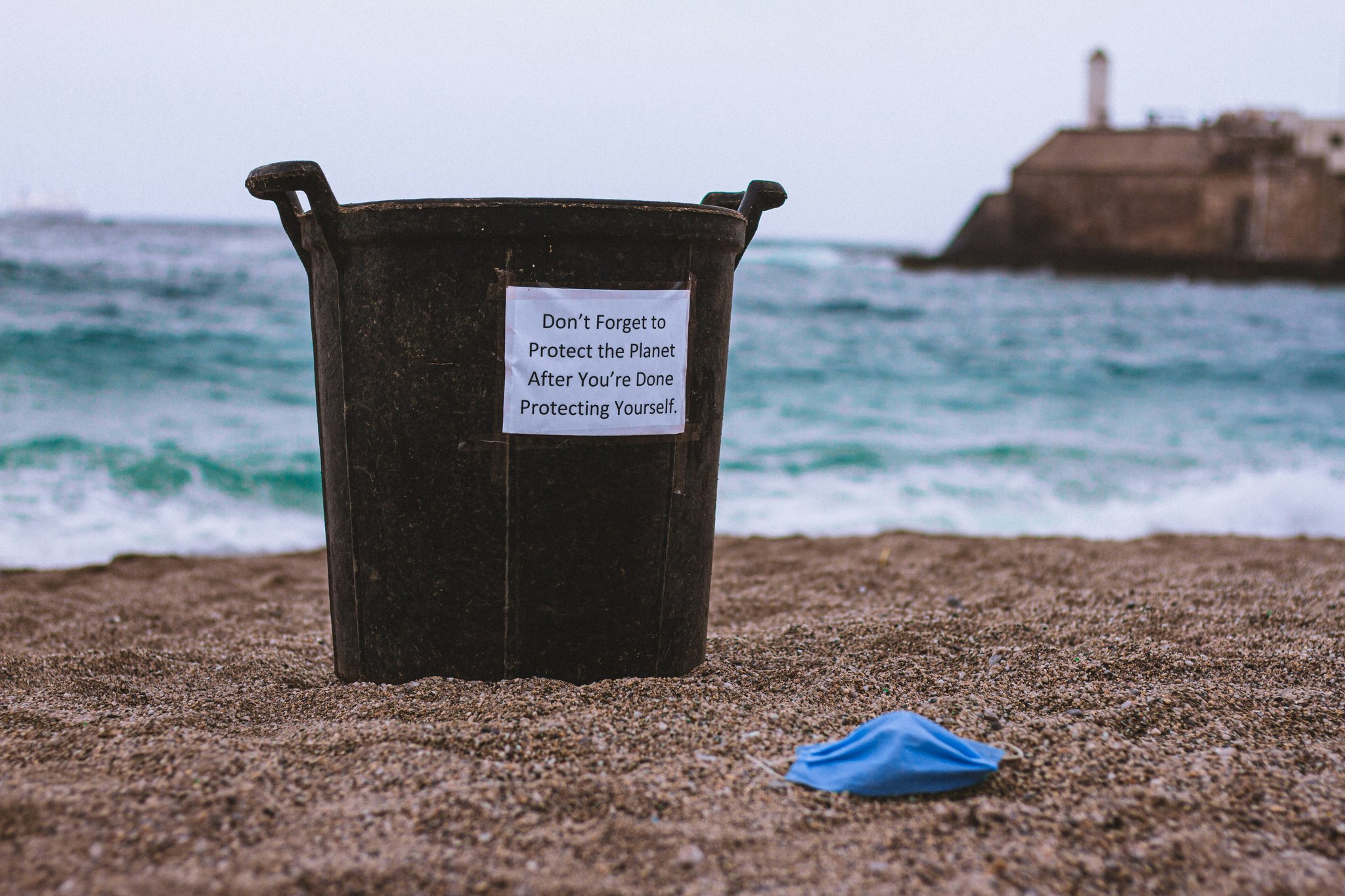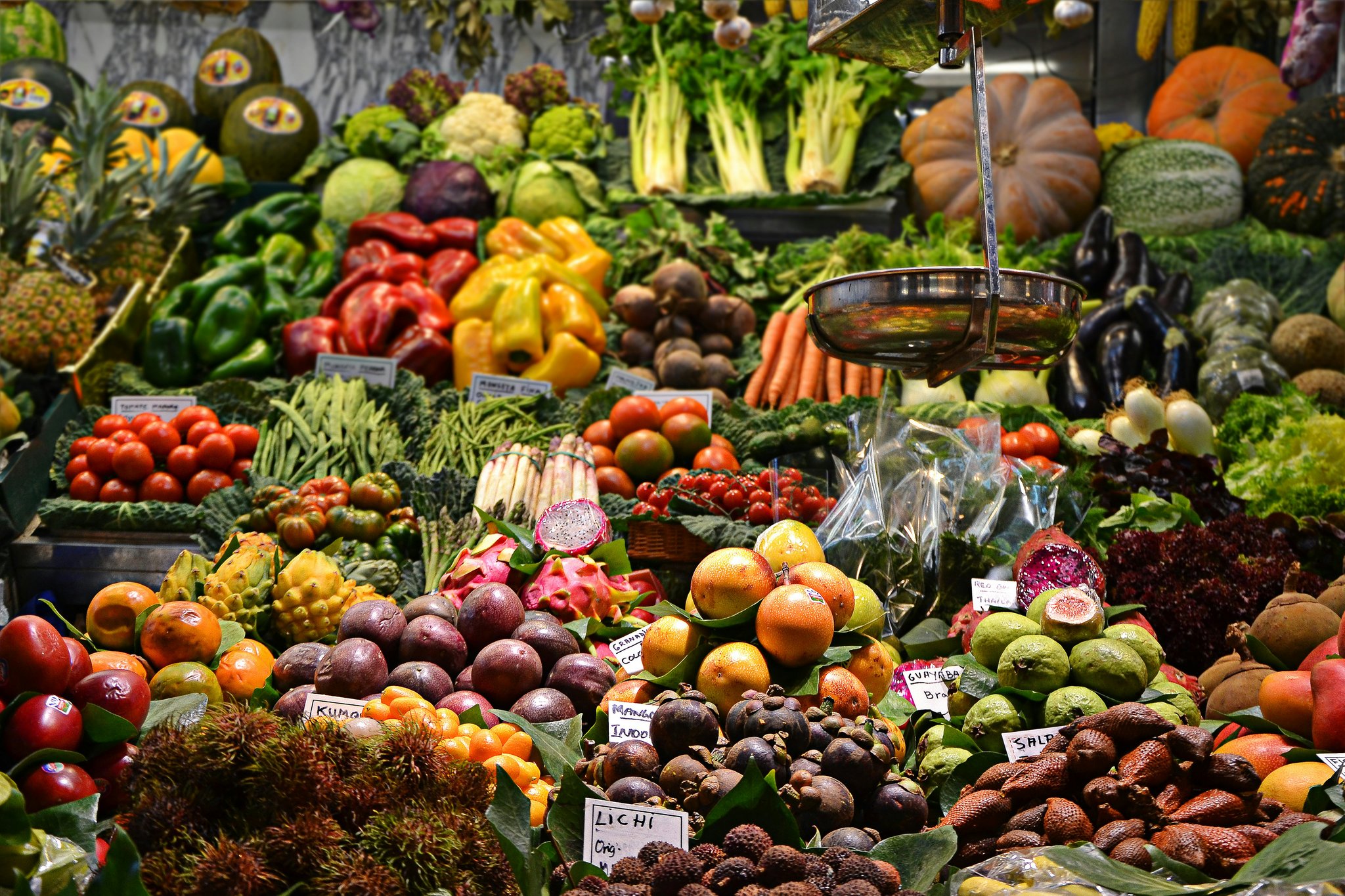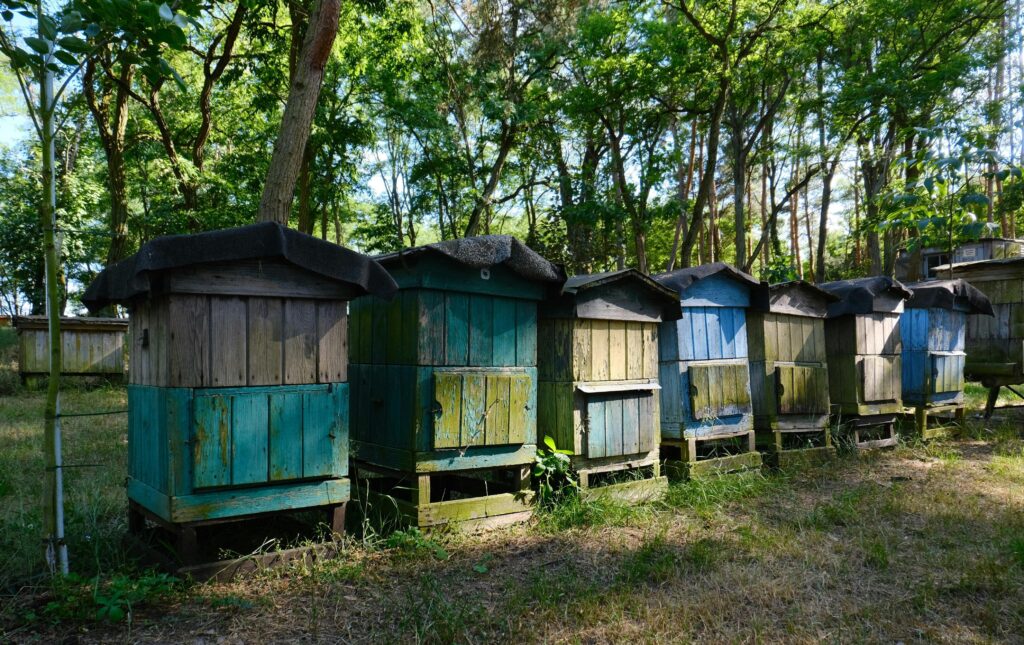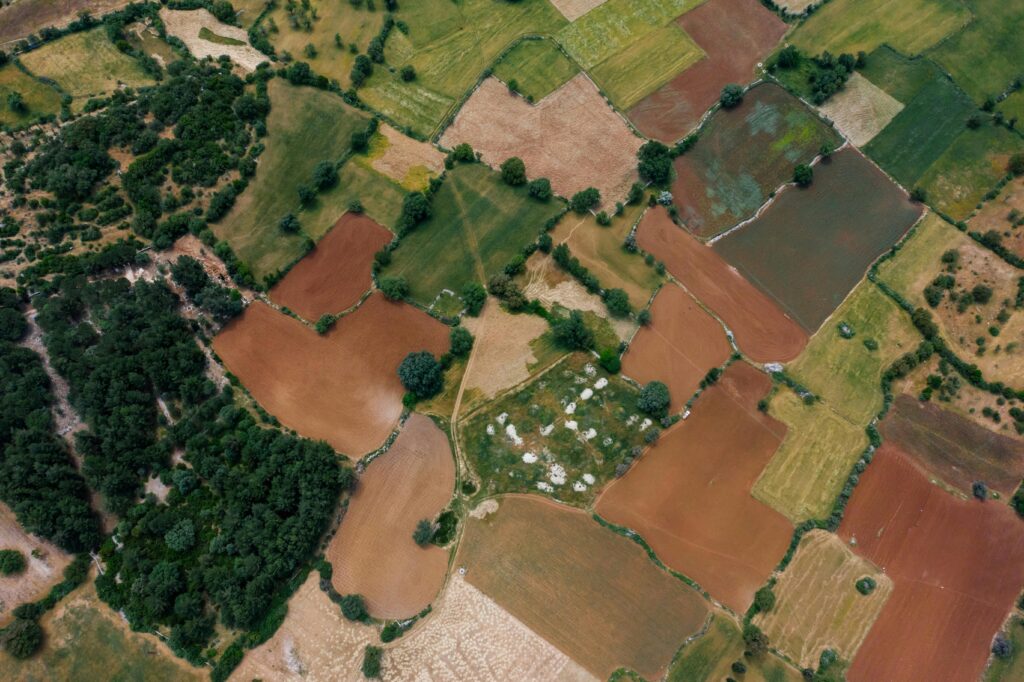Ever wondered how your organic skincare routine could help save the planet? Here’s a wild stat: agriculture accounts for 70% of global freshwater usage, but inefficient farming practices waste up to half of it. Now imagine if we redirected that water to grow organic vegetables—the same ones feeding your natural beauty products. Sounds like a win-win, right? This blog dives into how water conservation farming fuels the organic beauty movement while keeping our planet lush and thriving.
Table of Contents
- Introduction
- Why Water Conservation Matters in Organic Beauty
- Steps to Practice Water Conservation Farming
- Best Practices for Beauty Brands Using Sustainable Ingredients
- Real-World Success Stories
- FAQs About Water Conservation and Organic Beauty
- Conclusion
Key Takeaways
- Water conservation farming reduces waste and helps sustainably grow ingredients for organic beauty products.
- Techniques like drip irrigation and rainwater harvesting are game-changers for eco-friendly farms.
- Beauty brands can leverage sustainable sourcing to appeal to eco-conscious consumers.
- Supporting water-efficient farming ensures healthier ecosystems and better quality ingredients.
Introduction
Welcome to the intersection of beauty, sustainability, and environmental responsibility! In this post, you’ll discover why water conservation farming is a cornerstone of organic skincare and how it supports the growth of nutrient-rich vegetables used in your favorite beauty products. We’ll cover:
- The importance of water conservation in growing organic ingredients.
- Actionable steps to implement sustainable farming practices.
- Tips for beauty brands to align with eco-friendly values.
- Inspiring examples from real-world innovators.

Why Water Conservation Matters in Organic Beauty
“Optimist You: ‘Organic means good for the planet, so no worries!’ Grumpy You: ‘Ugh, unless farmers waste gallons of water on inefficient methods.'”
Here’s the deal: traditional farming techniques often rely on outdated systems that squander precious resources. I once toured an organic farm that still used flood irrigation—it looked like Niagara Falls but for tomatoes. Terrible tip alert: If you hear “flood irrigation” anywhere near your cucumber-based serum supply chain, run. It’s unsustainable AF.
Sensory oversharers unite: Picture the sound of soil cracking under drought conditions—that dry *snap* should make anyone cringe. That’s why adopting techniques like precision irrigation not only saves water but also enhances crop quality. Better crops mean richer nutrients for your DIY face masks!
Steps to Practice Water Conservation Farming
Step 1: Choose Drip Irrigation Over Sprinklers
Drip irrigation delivers water straight to plant roots, reducing evaporation by up to 50%. No more soggy fields or wasted H2O flying off into oblivion.
Step 2: Harvest Rainwater Like a Pro
Rain barrels aren’t just for hipsters—they’re practical tools. Collecting rainwater cuts reliance on municipal supplies and ensures plants get clean hydration.
Step 3: Use Mulch Like It’s Your Job
Mulching retains soil moisture longer, reduces weeds, and prevents nutrient runoff. Basically, it’s chef’s kiss for thirsty veggies.

Best Practices for Beauty Brands Using Sustainable Ingredients
- Source Locally: Partner with nearby organic farms practicing water-efficient agriculture.
- Educate Customers: Share stories about ingredient origins and their positive impact on the environment.
- Adopt Eco-Packaging: Don’t stop at water conservation—go zero-waste with biodegradable packaging.
Vent moment: Why do some brands slap “natural” labels on products without backing it up? Ugh. Transparency is key; otherwise, consumers end up greenwashed faster than you can say “avocado scrub.”
Real-World Success Stories
Meet Lumina Organics, a skincare brand partnering with drought-resilient farms. Their secret weapon? A proprietary blend of herbs grown using smart irrigation tech. Traffic soared after they shared a behind-the-scenes video highlighting their farmers’ efforts. Proof that authenticity + action = success.

FAQs About Water Conservation and Organic Beauty
Q: How does water conservation affect organic beauty prices?
A: Efficient farming lowers costs over time, potentially making products more affordable.
Q: Are all organic farms water-efficient?
A: Not always. Always ask brands about specific farming practices.
Q: What role do consumers play in promoting sustainability?
A: Demand drives change. Support ethical brands prioritizing eco-friendly practices!
Conclusion
From conserving water to cultivating vibrant organic vegetables, every step matters. By supporting water conservation farming, both individuals and businesses contribute to a greener future—and glowier skin. Remember, like a well-hydrated cucumber, sustainability is refreshing.
Random haiku drop:
Water flows wisely,
Green thumbs sow seeds of hope,
Earth smiles back at us.


